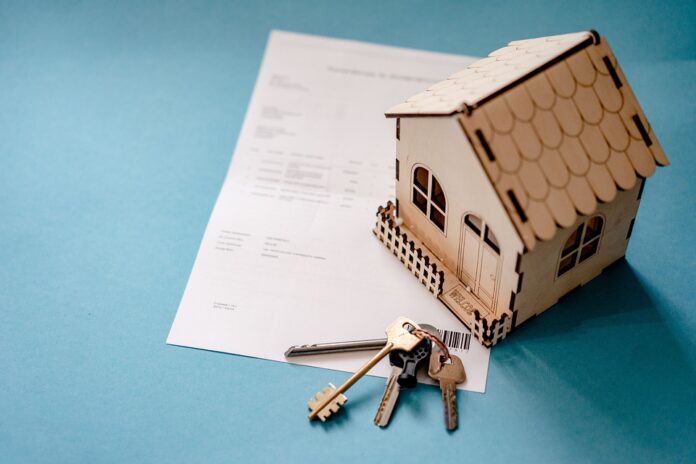
By Marc S. Galella, Esq.R. C. Shea and Associates
Many years ago, when I first started practicing real estate, home inspections were rare. It was not unusual to see only 1 out of 20 buyers do a home inspection. In fact, there were some forms of residential real estate contracts that did not allow the buyer to do a home inspection. All that has changed! Today, it is exceedingly uncommon and almost unheard of for a buyer not to do a home inspection.
The real purpose of having a home inspection is to have an expert determine that the house being purchased is structurally sound and that the major systems of the house, namely the heating, cooling, electrical, plumbing systems and the included appliances and fixtures are in proper working order and that there are no leaks in the roof, walls or basement. In addition, the buyers may also check for the presence of wood destroying insects (termites) and radon gas. Where applicable, the buyer can also check the condition of a swimming pool, docks and bulkheads, as the case may be. The standard procedure in most contract is to allow the buyer a period of time to perform the inspections (usually 14 days) and for the buyer to request that the seller address defects noted in the inspection report. In most cases the seller has the opportunity to correct the defect and if the seller refuses to correct the defect, then the buyer has the right to cancel the contract.
Unfortunately, in some cases, the buyer attempts to use the home inspection as a tool to renegotiate the purchase price of the contract. This is not the reason why we perform home inspections and, in many cases, leads to unnecessary contention between the buyer and the seller.
In order to prevent this when I represent a seller, in attorney review I will limit the scope of the inspections to material defects. I define a material defect as a condition or functional aspect of a structural component or system that substantially affects the value, habitability or safety of the house. A material defect does not include merely decorative, stylistic, cosmetic or aesthetic aspects. Also, I also make it clear that the age of a system is not a defect if the system is working properly.
By setting the ground rules for the inspections in advance in attorney review, the attorney for the seller can limit the home inspections for the purpose for which they are intended and to prevent the re-negotiation of the previously agreed upon contract price.






